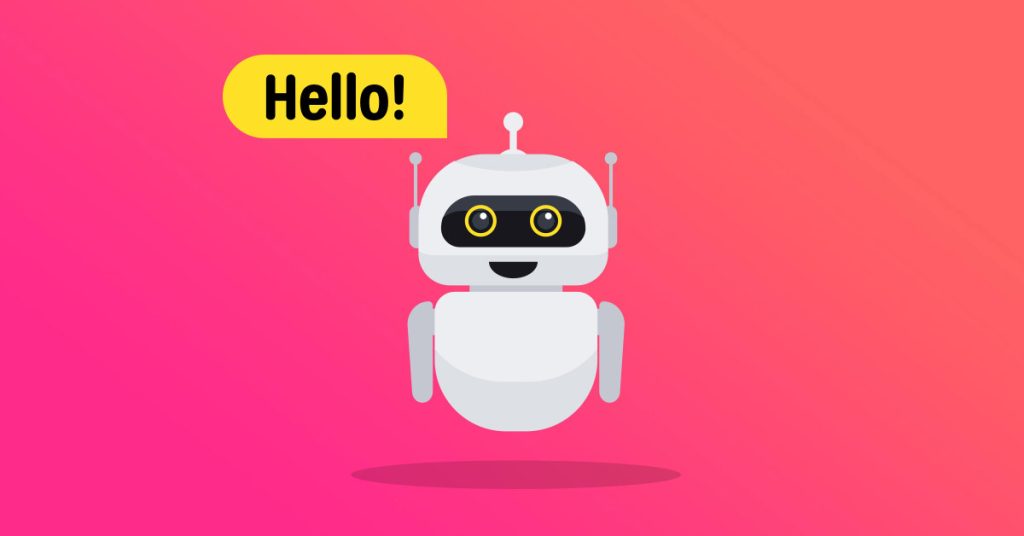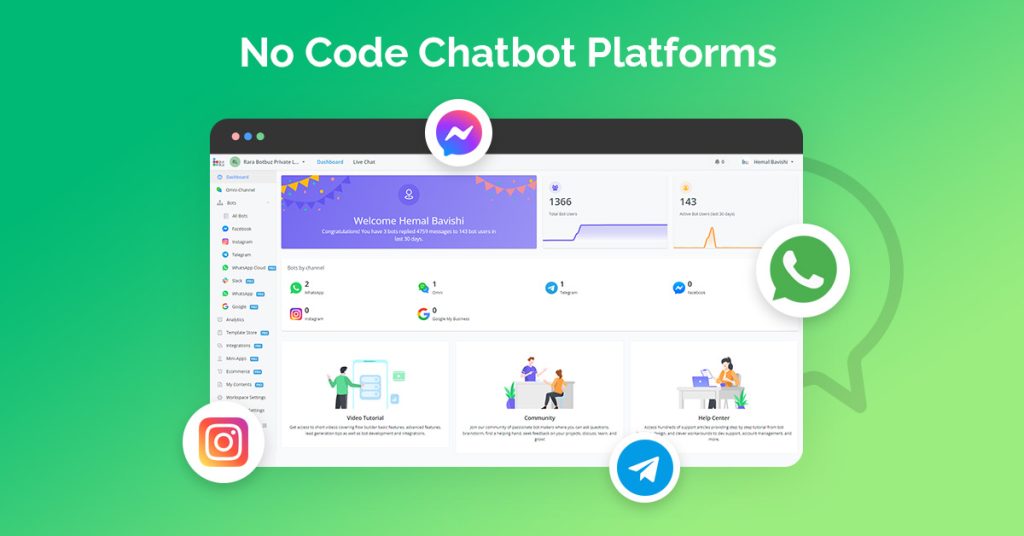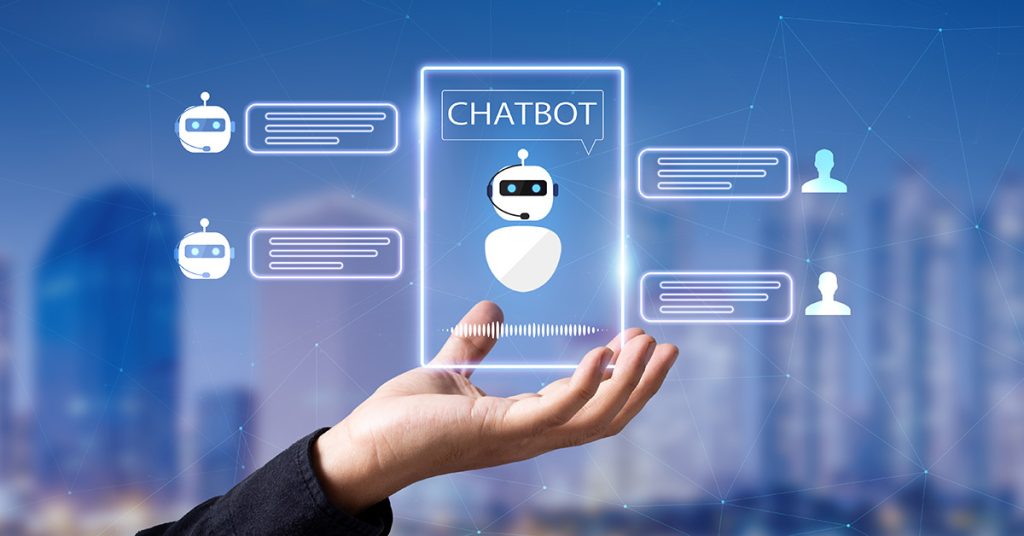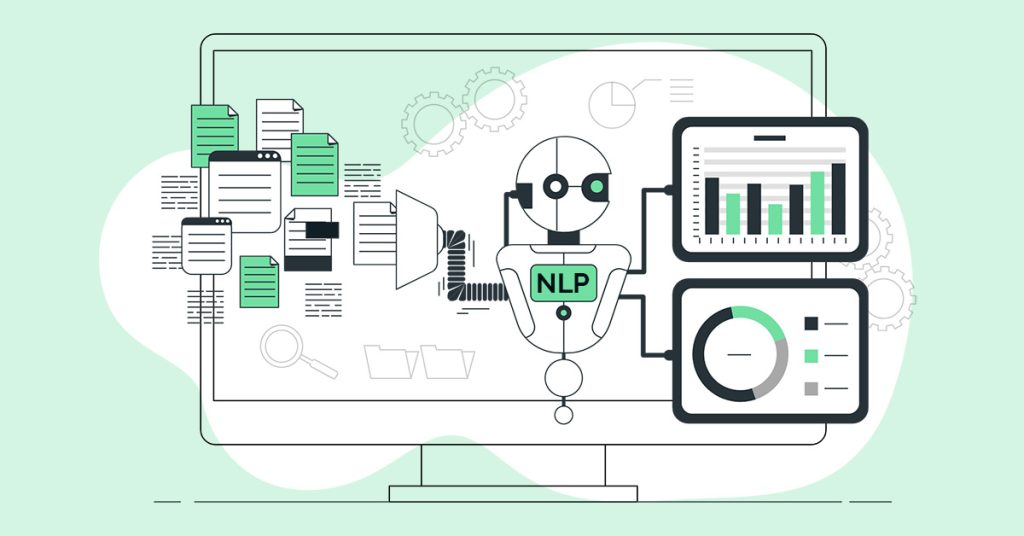The future of chatbots holds immense potential for transforming various industries & customer experiences.Chatbots have the potential to transform various industries & customer experiences in the future. Here are some of the ways of using chatbots in the future:
- Customer service: Chatbots help to provide customer service 24/7. They can answer questions, resolve issues, and even provide refunds. This can free up customer service representatives to focus on more complex tasks.
- Sales: Chatbots can generate leads, qualify prospects, and close deals. They can also help to upsell and cross-sell products and services. This can help businesses to increase their sales and revenue.
Marketing: Chatbots can engage with customers on social media, send personalized marketing messages. They can even generate leads. This can help businesses to reach a wider audience and to increase their brand awareness.
Education: Chatbots can provide personalized learning experiences for students. They can answer questions, provide feedback & even help students to learn new skills. This can help to improve student outcomes and to make education more accessible.
- Healthcare: Chatbots can provide medical advice, answer questions & even schedule appointments. This can help to improve patient care and to make healthcare more convenient.
These are a few of the ways which describes future of chatbos. Chatbot technology continues to develop. Thus, we can expect to see more innovative & creative applications for chatbots.
Here are some of the challenges that need to be faced before chatbots can reach their full potential:
- Accuracy: Chatbots should be able to understand natural language to have meaningful conversations with users.
- Personalization: Chatbots need to be able to personalize their responses to each individual user to provide a good customer experience.
- Trust: Users need to be able to trust that chatbots are providing accurate & helpful information.
As these challenges are addressed, chatbots will become more widely adopted and will have a greater impact on our lives.
Understanding the Current State of Chatbots:
Chatbots have evolved significantly over the past few years. Early chatbot creation was on simple rule-based systems. It means that they could only respond to a limited number of predefined questions. Yet, with the development of AI, chatbots have become much more sophisticated. They can now understand natural language. It can learn from their interactions with users, and generate more personalized responses.
As a result of these advances, chatbots are now used in a wide variety of applications. Businesses are now using chatbots for customer service, sales, marketing & even education.
Of course, there are still some challenges that need to be addressed before chatbots can become truly mainstream. For example, chatbots can sometimes misunderstand user queries. They may not be able to provide the same level of customer satisfaction as a human agent. However, as AI technology continues to develop, these challenges are likely to be overcome.
Overall, the future of chatbots looks very promising. They have the potential to revolutionize the way we interact with computers. Chatbots will eventually become an essential part of our lives.
Here are some of the current trends in chatbot development:
- The use of AI to improve chatbot intelligence: AI is being used to improve future of chatbots intelligence in many ways. For example, AI can help chatbots understand natural language to generate personalized responses.
The development of conversational chatbots: Conversational chatbots are chatbots that can hold natural conversations with users. This is possible by the use of AI, which allows chatbots to understand the context of a conversation. Thus, it helps to respond in a way that is appropriate to the situation.
The use of chatbots in new and innovative ways: Chatbots are being used in new and innovative ways all the time. For example, chatbots are being used to provide customer service, to sell products. They can even provide medical advice.
The future of chatbots is very bright. As AI technology continues to develop, chatbots will become even more intelligent & sophisticated. This will lead to new & innovative applications for chatbots. It will make chatbots an essential part of our lives.
Evolving Technologies Shaping the Future of Chatbots:
Advances in natural language processing (NLP), machine learning (ML) & deep learning are enhancing chatbot capabilities in many ways.
- NLP: NLP is the field of computer science that deals with the interaction between computers & human languages. It helps chatbots understand natural language & to generate text that is correct & meaningful.
- ML: It is a field of computer science that gives computers the ability to learn without programming. It helps chatbots learn from their interactions with users. Thus, improving their performance over time.
- Deep learning: Deep learning is a subset of ML that uses artificial neural networks to learn from data. It helps chatbots understand complex relationships between words & phrases. Thus, it helps to generate more natural and engaging conversations.
These advances are making chatbots more intelligent, more capable, and more user-friendly. As a result, chatbots are becoming increasingly popular & they are being used in a wide variety of applications.
Here are some of the ways in which NLP, ML & deep learning are enhancing future of chatbots:
- Understanding natural language: Chatbots are now able to understand natural language more effectively. It means that they can have more natural & engaging conversations with users.
- Generating text: Chatbots are now able to generate text that is grammatically correct & meaningful. This means that they can provide more accurate and helpful information to users.
- Learning from experience: Chatbots are now able to learn from their interactions with users. This means that they can improve their performance over time. They can also suggest on the basis of interaction with each individual user.
These are just a few of the ways in which NLP, ML, and deep learning are enhancing chatbot capabilities. As these technologies continue to develop, chatbots will become even more intelligent. Chatbots will be more capable, and more user-friendly. This will lead to new & innovative applications for chatbots. It will make chatbots an essential part of our lives.
Types of chatbots:
There are many different types of chatbots, each with its own strengths & weaknesses. Some of the most common types of chatbots include:
Rule-based chatbots:
Rule-based chatbots are the simplest type of chatbot. They are on the basis of a set of rules that define how the chatbot should respond to different prompts & questions. Rule-based chatbots are easy to create and maintain, but they can be limited in their ability to understand natural language and to generate creative responses.
AI chatbots:
AI chatbots are more advanced than rule-based chatbots. They use artificial intelligence (AI) to understand natural language. Thus, they generate more creative & engaging responses. AI chatbots are more complex to create & maintain. But they can provide a better user experience.
Hybrid chatbots:
Hybrid chatbots combine the best features of rule-based chatbots and AI chatbots. They use a combination of rules & AI to understand natural language & to generate responses. Hybrid chatbots are more complex than rule-based chatbots. They can provide a better user experience than AI chatbots.
Voice chatbots:
Voice chatbots are chatbots that use voice commands. They are becoming popular as voice-activated devices, such as Amazon Echo & Google Home. They have become more widespread. Voice chatbots are still in their early stages of development. They have the potential to revolutionize the way we interact with computers.
Here is a table that summarizes the different types of chatbots:
|
Type of chatbot
|
Strengths
|
Weaknesses
|
|---|---|---|
|
Rule-based chatbot
|
Easy to create and maintain.
|
Limited in ability to understand natural language and to generate creative responses.
|
|
AI chatbot
|
Can understand natural language and generate creative responses.
|
More complex to create and maintain.
|
|
Voice chatbot
|
Can be interacted with using voice commands
|
Still in early stages of development.
|
The type of chatbot that is best for a particular application will depend on the specific needs. For example, a rule-based chatbot may be enough for a simple customer service application. While an AI chatbot is for a more complex application, such as providing medical advice. Yet, all these types of chatbots have the potential to improve the way we interact with computers. Thus, making our lives easier.
The future of chatbots looks promising. In addition to the above chatbots listed above, there are also a number of other types of chatbots, such as:
- Virtual assistants: These chatbots provide general assistance to users. They can answer questions, provide information, and even control devices.
- Customer service chatbots: These chatbots provide customer service to users. They can answer questions, resolve issues, and even provide refunds.
- Sales chatbots: These chatbots help generate leads, qualify prospects & close deals. They can also upsell & cross-sell products & services.
- Marketing chatbots: These chatbots engage with customers on social media, send personalized marketing messages. They can even generate leads.
- Educational chatbots: These chatbots provide personalized learning experiences for students. They can answer questions, provide feedback & even help students to learn new skills.
- Healthcare chatbots: These chatbots provide medical advice, answer questions & even schedule appointments.
Uses of Chatbots in business:
Here are some of the common business uses of chatbots in detail, which describes that the future of chatbots is bright.
Customer service:
Chatbots can provide customer service 24/7. They can answer questions, resolve issues, and even provide refunds. This helps human customer service representatives to focus on more complex tasks.
Chatbots can be a great way to improve customer service. They can provide 24/7 support. It is especially helpful for businesses that operate in multiple time zones. Chatbots can answer common questions, which can free up human customer service representatives. Thus, focusing on more complex issues. Additionally, chatbots can collect feedback from customers. This helps businesses to improve their products and services.
For example, Amazon uses chatbots to provide customer service for its products & services. Customers can chat with a chatbot to get help with things like placing orders & tracking shipments. They can also resolve product issues.
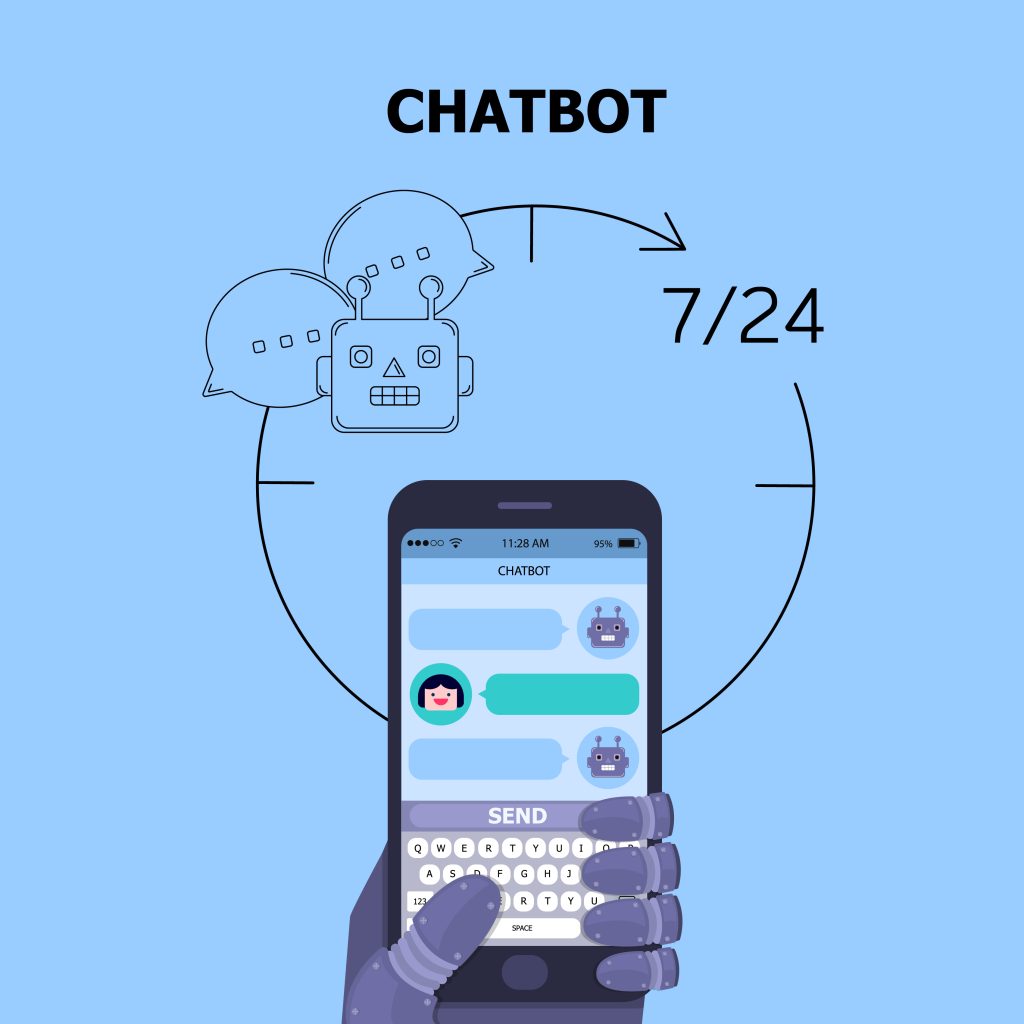
Sales:
Chatbots can be a great way to generate leads and sales. They can interact with potential customers on social media & answer questions. They can also provide information about products & services. Chatbots can also qualify prospects & close deals with customers. Additionally, chatbots can also upsell & cross-sell products & services. This helps businesses to increase their revenue.
For example, Salesforce uses chatbots to generate leads & qualify prospects. When a potential customer visits the Salesforce website, chatbot greets them & asks questions about their needs. If the chatbot determines that the potential customer is a good fit for Salesforce’s products or services, it will then connect them with a sales representative.

Marketing:
Chatbots can engage with customers on social media, send personalized marketing messages & even generate leads. This can help businesses to reach a wider audience and to increase their brand awareness.
Chatbots can be a great way to engage with customers on social media. They can answer questions, provide information & even run contests & promotions. Chatbots can send personalized marketing messages, which can help businesses to reach a wider audience. This helps to increase their brand awareness. Additionally, chatbots can generate leads, which can help businesses to grow their customer base.
For example, Netflix uses chatbots to engage with customers on social media. When a customer tweets about Netflix, the chatbot will respond with a personalized message. The chatbot can send personalized marketing messages to customers.

Support:
Chatbots can provide support to customers using a product or service. It provides support by answering questions about how to use the product or service. This can help to reduce the workload on customer support staff. Thus, improving customer experience.
Chatbots can be a great way to provide support to customers. They can answer questions about how to use products & services. This can help customers to get the most out of their purchases. Additionally, chatbots can troubleshoot problems. This can help to reduce the number of customer support tickets.
For example, Spotify uses chatbots to provide support to customers who are having problems with their accounts or who need help using the Spotify app. The chatbot can answer questions about how to use Spotify. They can troubleshoot problems & even help customers cancel their subscriptions.
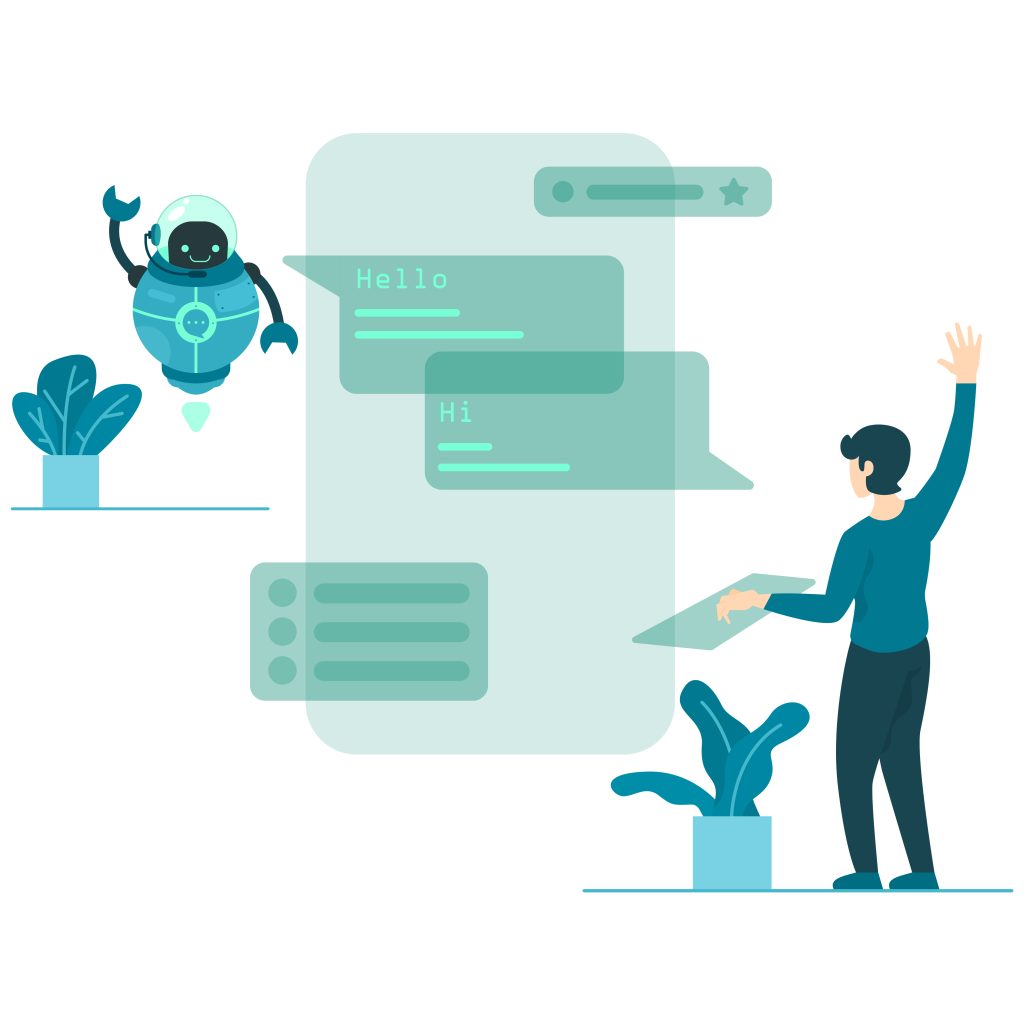
Education:
Chatbots can provide educational content to customers. They can provide answers to questions, providing tutorials, or even providing virtual classes. This can help businesses to provide customers with the information they need to use their products or services more effectively.
Chatbots can be a great way to provide educational content to customers. They can answer questions about products & services, provide tutorials & even provide virtual classes. This can help customers to learn how to use products & services more effectively. This can lead to increased satisfaction and loyalty.
For example, LinkedIn uses chatbots to provide educational content to its users. The chatbots can answer questions about how to use LinkedIn, provide tips on career development and even give users access to exclusive content. This helps LinkedIn to educate its users and to help them to get the most out of the platform.
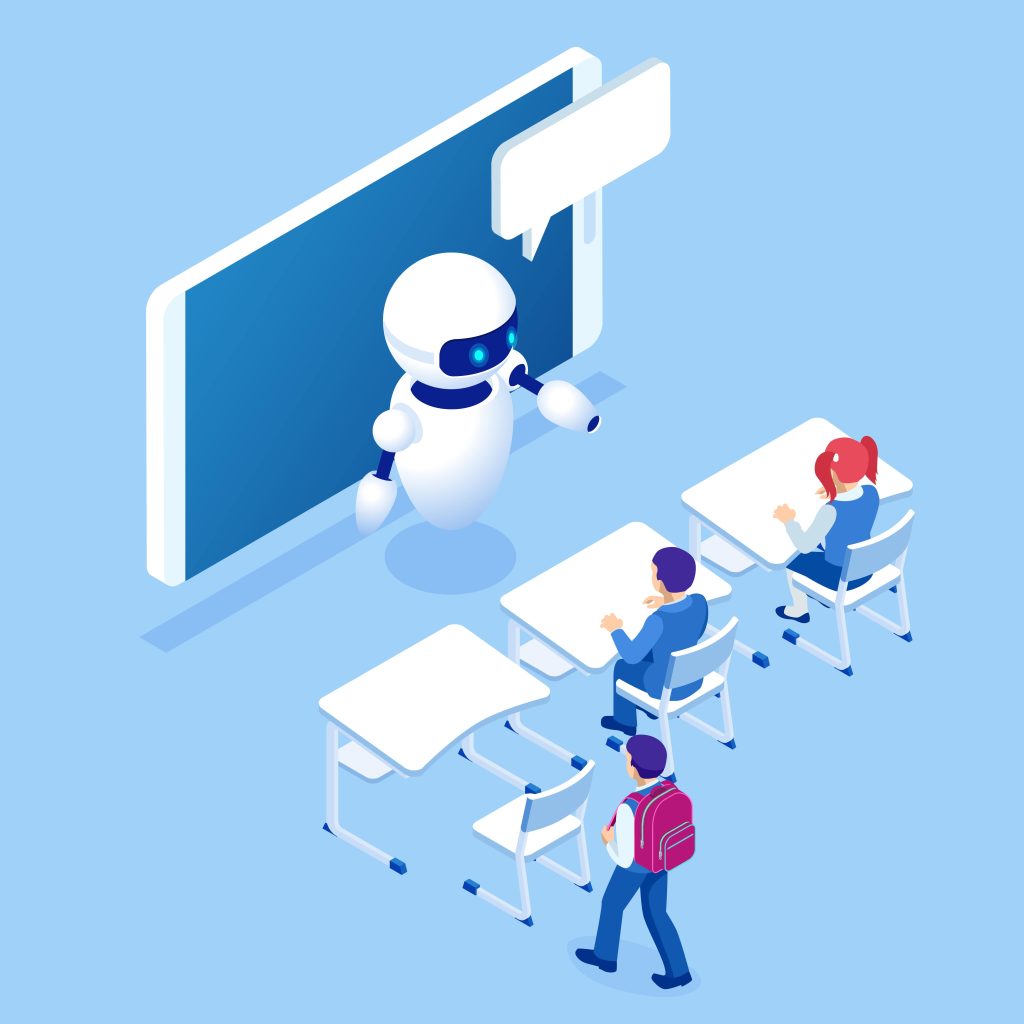
Salesforce automation:
Chatbots can automate salesforce processes, such as lead generation, qualifying leads & scheduling appointments. This can help businesses to save time and money, and to improve their sales efficiency.
Chatbots can be a great way to automate salesforce processes. They can qualify leads, schedule appointments & even generate reports. This can help businesses to save time & money. Thus, improving their sales efficiency.
For example, HubSpot uses chatbots to automate lead generation. When a visitor to the HubSpot website fills out a contact form, the chatbot will qualify the lead & send it to a sales representative.
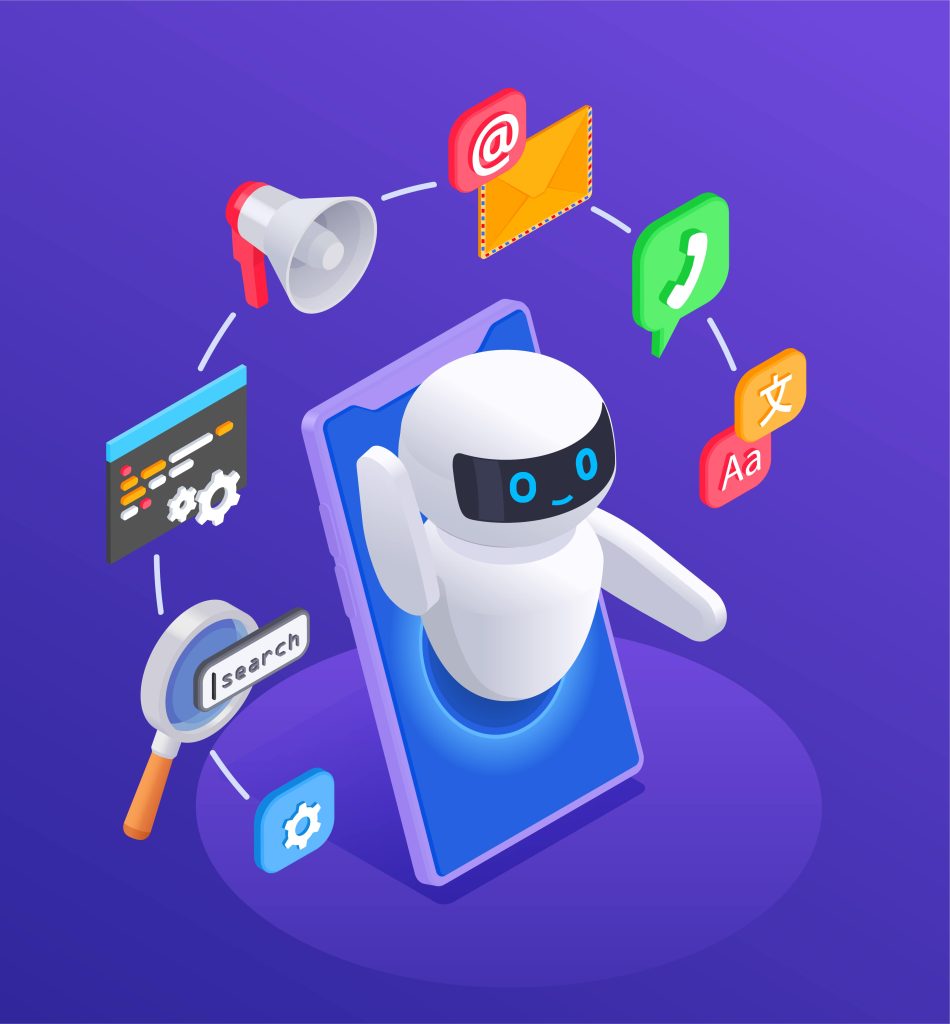
Productivity:
Chatbots can automate tasks that are typically done by humans, such as scheduling meetings, sending emails & managing customer data. This can help businesses to improve their productivity & to free up employees to focus on more strategic tasks.
Chatbots can be a great way to automate tasks that are typically done by humans. They can schedule meetings, send emails, and manage customer data. This can help businesses to improve their productivity & to free up employees to focus on more strategic tasks.
These are just some of the many ways of using chatbots in business. As chatbot technology continues to develop, we can expect to see even more innovative & creative applications for better future of chatbots.
For example, Slack uses chatbots to automate tasks such as scheduling meetings & sending out reminders. This frees up employees to focus on more important tasks, such as working on projects & interacting with customers.
Introducing Botbuz no code chatbot:
Botbuz is a no code chatbot platform. It allows businesses to create & deploy chatbots without coding knowledge. It offers a variety of features, including:
- No code chatbot builder: This feature allows businesses to create chatbots without any coding knowledge. The builder is drag-and-drop, making it easy to create complex chatbots.
- Omni-channel chatbot builder: This feature allows businesses to create chatbots & deploy across multiple channels, such as websites, social media & messaging apps.
- Analytics dashboard: This feature allows businesses to track the performance of their chatbots. The dashboard provides data on things like chatbot interactions, user engagement & chatbot performance.
- Broadcast: This feature allows businesses to send out mass messages to their chatbot users. This can promote new products, services, or updates.
- Live chat: This feature allows businesses to provide live chat support to their customers. This can be through the chatbot or through a separate live chat platform.
- Pre-built templates: Botbuz offers many pre-built templates that businesses can use to create chatbots. These templates cover a variety of industries and use cases.
- Auto messaging: This feature allows businesses to send out automated messages to their chatbot users. This can send out reminders, promotional messages, or other types of messages.
Botbuz is a powerful platform that allows businesses to create & deploy chatbots without coding knowledge. It offers a variety of features that can help businesses improve customer service, increase sales & boost productivity.
Here are some of the benefits of using Botbuz:
- Easy to use: Botbuz is a no code chatbot platform. So businesses can create and deploy chatbots without any coding knowledge.
- Versatile: Botbuz can create chatbots for a variety of industries and use cases.
- Feature-rich: Botbuz offers a variety of features that can help businesses improve customer service. It increases sales & boosts productivity.
- Affordable: Botbuz is a cost-effective platform that is affordable for businesses of all sizes.
If you are looking for a no code chatbot platform, Botbuz is a great option. It is easy to use, versatile, feature-rich & affordable.
In conclusion, the future of chatbots is bright and transformative. They will continue to advance with AI, NLP & voice technologies. Chatbots will redefine human-machine interactions, enhancing convenience, personalization & efficiency across industries. From virtual shopping assistants to mental health support, chatbots will play an ever-expanding role in our lives. Embracing ethical considerations & responsible AI practices will be pivotal to ensure that chatbots positively impact society. It also empower users in a rapidly evolving technological landscape. As we embark on this exciting journey, the future of chatbots will reshape the way we interact with technology. Thus, unlocking new realms of possibilities for a more connected and intelligent future of chatbots.
